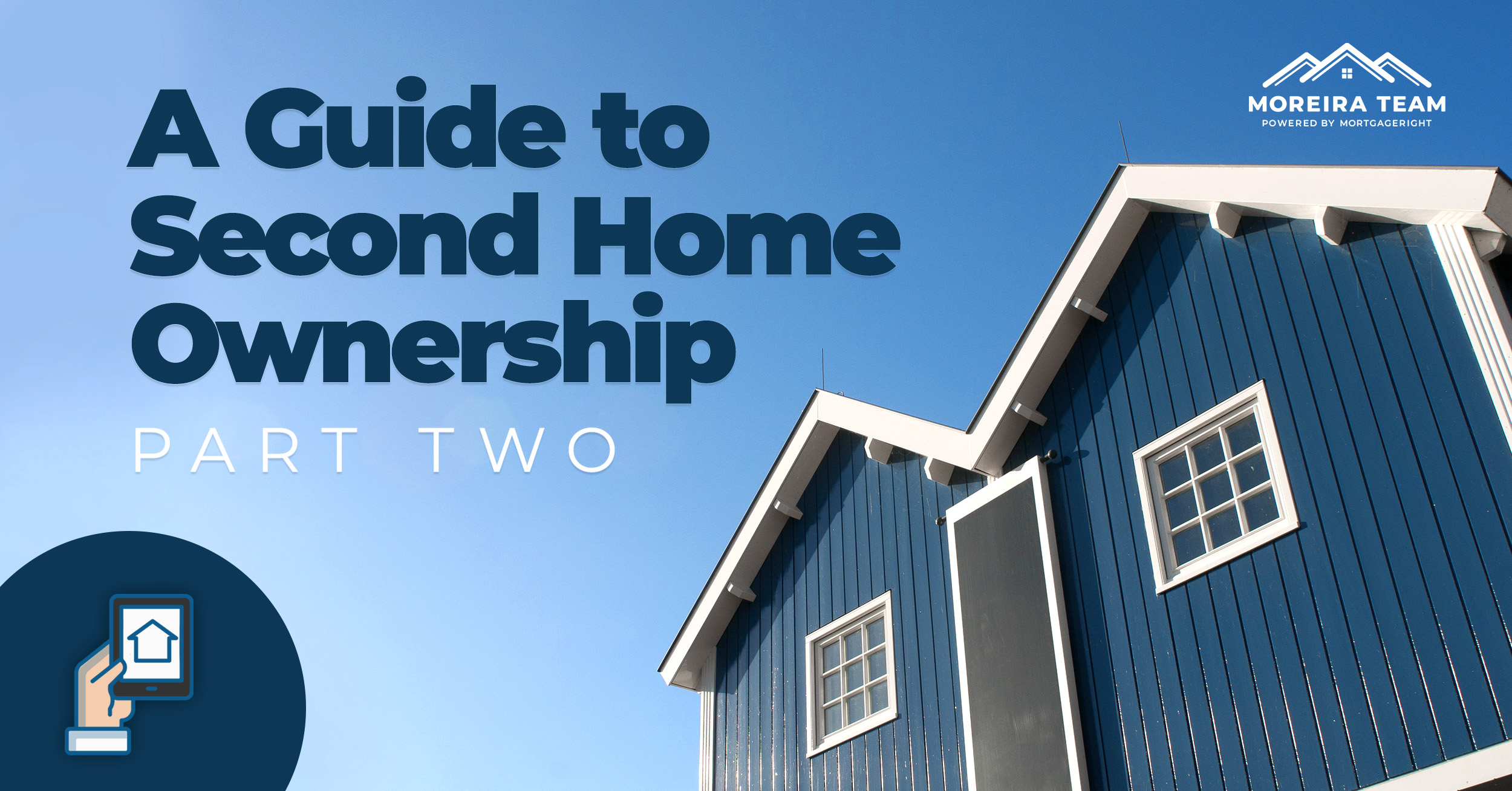
In this article
Buying a second property requires thought and careful financial planning. Timing is key. While some homeowners may feel that owning a second home is beyond their reach, for those who are prepared, patient, and willing to put effort into the process, buying a second home can be a worthwhile experience and a prudent investment. Here are some considerations and steps to follow when acquiring a second home.
How to Prepare for Buying a Second Home
Achieve Financial Stability
Financial stability is central to buying a second home. But how much money is needed to become financially stable? In reality, there isn’t a specific amount. Financial stability is a mindset. It assumes a job or a steady source of income, money in savings, and manageable debts. A financially stable person follows a budget, lives below their means, invests in their retirement, and saves for emergencies and the future. These best practices instill a buyer’s confidence to take steps toward a second home.
Gauge the Market
Prospective second-home buyers should keep abreast of the real estate market, which includes current mortgage rates and available inventory. Real estate is localized, and the conditions can vary from one area to another. Because of this, it is best to choose a realtor who is intimate with the search area. Being educated on the state of the market will inform interested buyers about whether it’s the right time.
Practice Self-Reflection
Lifestyle and future goals should be prime influencers on a second property. An additional home will require maintenance and upkeep. A stable lifestyle will support that. If life changes are on the horizon, such as retirement or family growth, buyers should consider how a second home fits into those plans before investing.
Determine the Property’s Purpose
Whether for personal use, rental income, an investment, or a little of each, having a clear vision of their intentions for the property and its use will help determine the buyer’s approach. Strategies for financing, location, and property type are just a few variables that the purpose of the property can influence. For example, buyers interested in rental income should look for properties in areas with a higher concentration of renters. They need to familiarize and prepare themselves for the legal requirements that come with rental properties, determine how they will manage the property, and apply for the loan or mortgage that is most appropriate for this use.
What is the Best Way to Finance a Second Home
Once a buyer decides to move forward with a second home, they must establish how they will finance it. A strong credit score supported by documents such as tax returns, pay stubs, and bank statements is just as important the second time as the first. A sturdy financial foundation is essential to obtaining the best mortgage or loan terms. For instance, most conventional loans require a minimum credit score of 620.
Debt-to-Income Ratio
The comparison of monthly debt payments to gross monthly income is known as the debt-to-income ratio or DTI. Lenders review an applicant’s DTI as part of the mortgage approval process, and the lower the DTI ratio, the better.
The Down Payment
Prospective second-home buyers should be aware that the down payment requirements for second homes tend to be higher than those for a primary residence. They should be prepared to pay 10% to 30% of the property’s purchase price.
The Type of Mortgage
There are several kinds of mortgages and loans for second properties, and once again, the type of property comes into play. Conventional, jumbo, and HELOC (home equity line of credit) are some loan options for second-home buyers. A financial advisor can help to distill the nuances and down payment requirements.
Additional Costs
A common mistake second homeowners make is failing to consider the complete costs associated with the additional property. It’s a tragedy to do all the right things, get financial approval, and purchase the property, only to find that the monthly costs are unsustainable. Second-home buyers should be fully aware of the property taxes, maintenance costs, insurance, utilities, and HOA (homeowner’s association) as they apply to the property. Knowing this upfront and including all expenses in a preliminary budget can prevent financial disaster.
The Benefits of Owning a Second Home
Having the confidence to buy a second property is half the battle, and securing the financing and navigating the legal details can be intimidating and challenging. Professionals such as real estate agents and lawyers, financial advisors, and mortgage lenders can inform buyers and help them feel secure in their choices. The decision to buy a second home is significant, but with research, careful planning, and financial readiness, it can be both achievable and rewarding.



